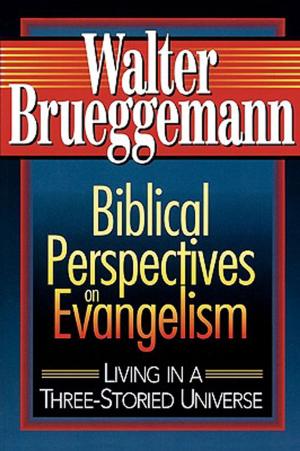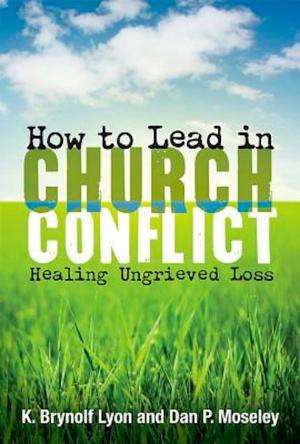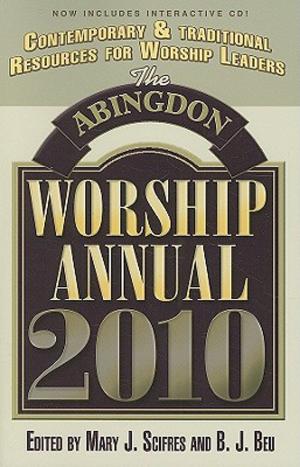| Author: | George G. Hunter III | ISBN: | 9781501835506 |
| Publisher: | Abingdon Press | Publication: | February 21, 2017 |
| Imprint: | Abingdon Press | Language: | English |
| Author: | George G. Hunter III |
| ISBN: | 9781501835506 |
| Publisher: | Abingdon Press |
| Publication: | February 21, 2017 |
| Imprint: | Abingdon Press |
| Language: | English |
Churches and denominations often appear to settle for a primary objective that is less than what the apostles recommended. If we are honest, most church leaders acknowledge that our institutional sense of purpose is inconsistent, at best. In some places the purpose of the church is quite narrowly defined, and in others the definition is so broad that it seems meaningless.
People wonder, “Is this all there is to the church?” It’s a good question, and George Hunter, a longtime keen observer of the church, demonstrates the answer. Hunter’s richly descriptive explanation of the “missional church” will convince leaders and students to recover a clear and consistent sense of purpose.
As we are the stewards of “the faith once delivered to the saints,” so we are the heirs of the mission once entrusted to the apostles and their movements. The church’s mission, locally and globally, is or should be its main business. The “real church” is an “ecclesia”—God’s “called out” people whom the Lord shapes into an “apostolate”—and “sends out” to be publicly present in the world—but not of it. This mission is a serving, witnessing, inviting outreach to all people.
Churches and denominations often appear to settle for a primary objective that is less than what the apostles recommended. If we are honest, most church leaders acknowledge that our institutional sense of purpose is inconsistent, at best. In some places the purpose of the church is quite narrowly defined, and in others the definition is so broad that it seems meaningless.
People wonder, “Is this all there is to the church?” It’s a good question, and George Hunter, a longtime keen observer of the church, demonstrates the answer. Hunter’s richly descriptive explanation of the “missional church” will convince leaders and students to recover a clear and consistent sense of purpose.
As we are the stewards of “the faith once delivered to the saints,” so we are the heirs of the mission once entrusted to the apostles and their movements. The church’s mission, locally and globally, is or should be its main business. The “real church” is an “ecclesia”—God’s “called out” people whom the Lord shapes into an “apostolate”—and “sends out” to be publicly present in the world—but not of it. This mission is a serving, witnessing, inviting outreach to all people.















